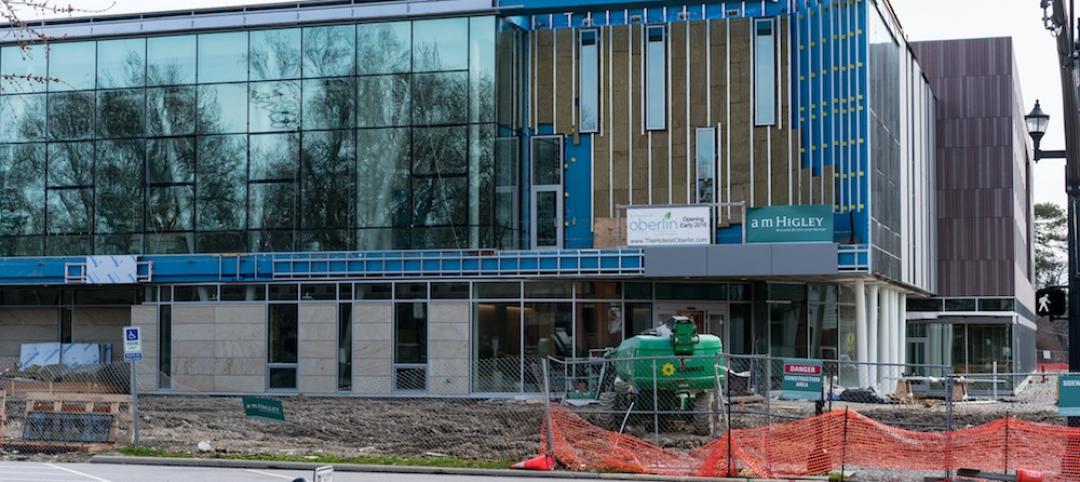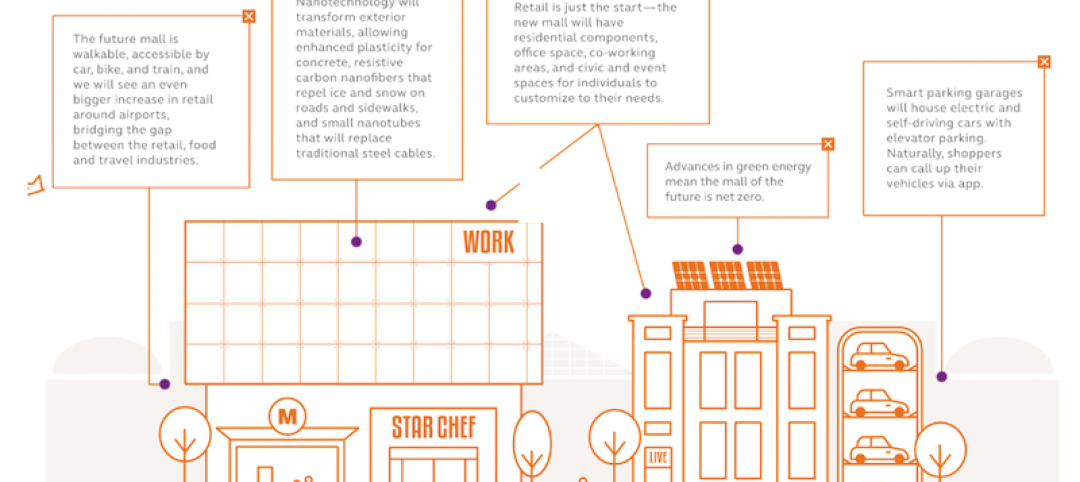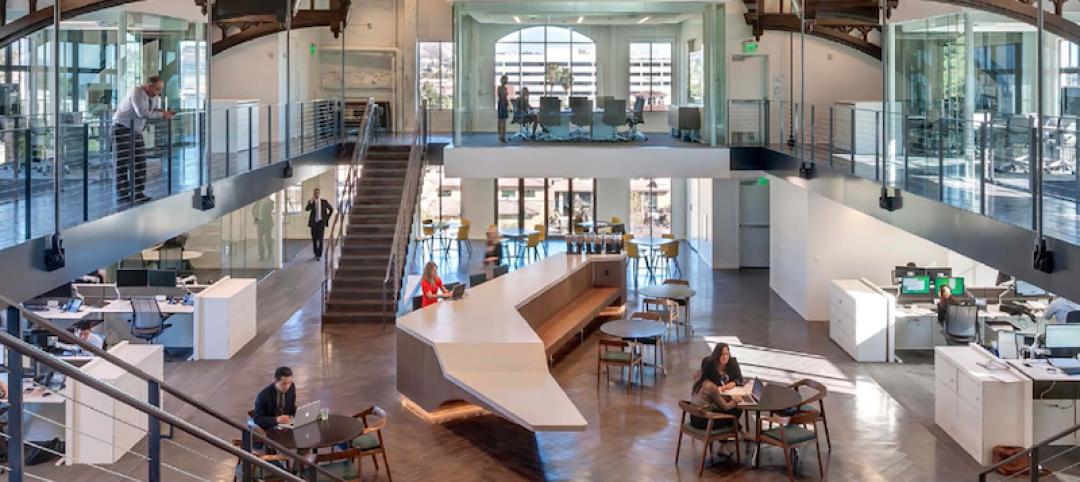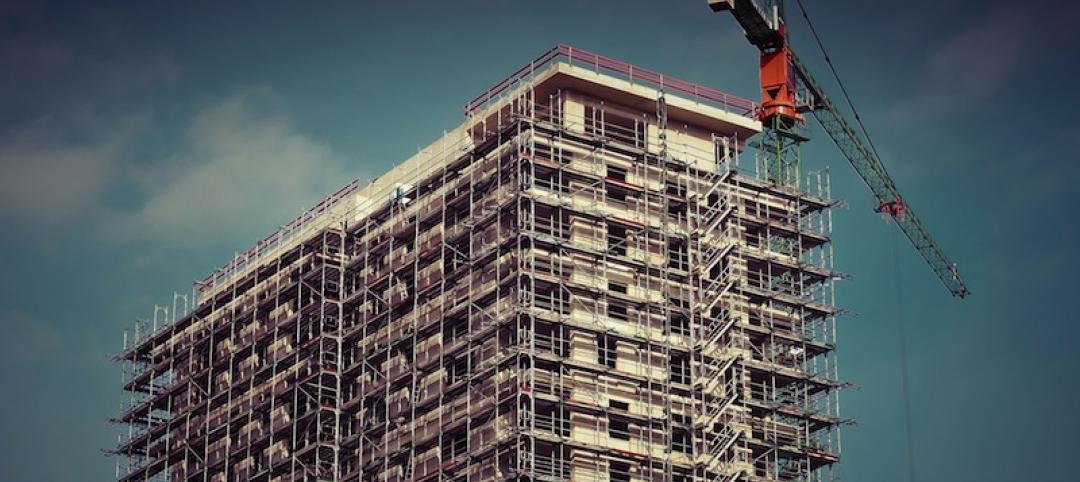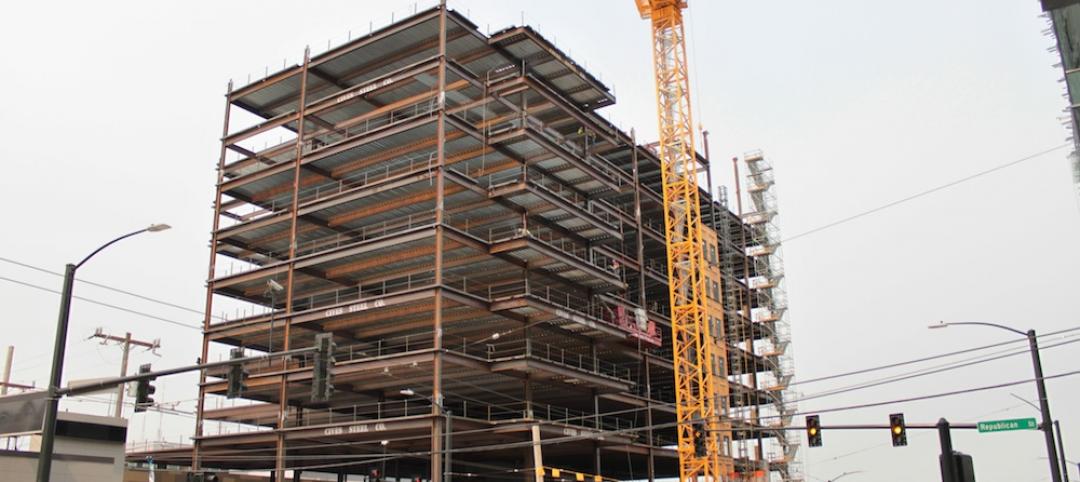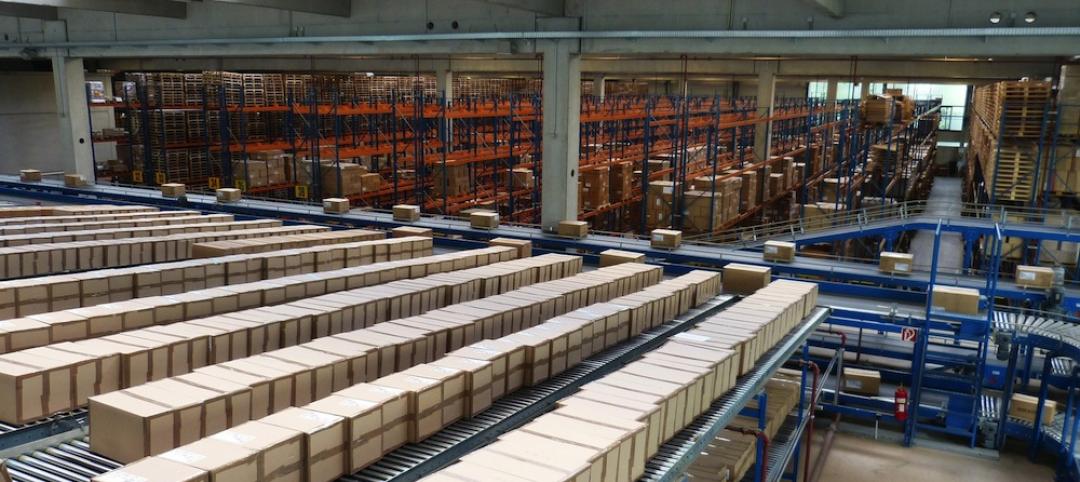The cost of goods and services used in construction climbed by a record-setting 4.3% in May and 24.3% over the past 12 months, jeopardizing contractors’ solvency and construction workers’ employment, according to an analysis by the Associated General Contractors of America of government data released today. Association officials urged the Biden administration to move more quickly to end tariffs and quotas that are adding to construction materials costs and availability problems.
“The increase in producer prices for construction materials over the past year far outstrips contractors’ ability to charge more for projects,” said Ken Simonson, the association’s chief economist. “That gap means contractors are being hit with huge costs that they did not anticipate and cannot pass on.”
The 24.3% increase in prices for materials used in construction from May 2020 to last month was nearly twice as great as in any previous year, Simonson said. Meanwhile, the producer price index for new nonresidential construction—a measure of what contractors say they would charge to erect five types of nonresidential buildings—rose only 2.8% over the past 12 months, as contractors held their profit expectations down in order to compete for a limited number of new projects.
Items with especially steep price increases over the past year covered a wide range of materials, including products made from wood, metals, plastics, and gypsum. The producer price index for lumber and plywood more than doubled—rocketing 111% from May 2020 to last month. The index for steel mill products climbed 75.6%, while the index for copper and brass mill shapes rose 60.4% and the index for aluminum mill shapes increased 28.6%. The index for plastic construction products rose 17.5%. The index for gypsum products such as wallboard climbed 14.1%. Fuel costs, which contractors pay directly to operate their own trucks and off-road equipment, as well as through surcharges on freight deliveries, have also jumped.
Association officials said the Biden administration can provide immediate relief from some of the price pressures by ending tariffs on Canadian lumber, along with tariffs and quotas on steel and aluminum from numerous countries. Officials said the administration took a first step today by announcing agreement on a working group with the European Union that will aim to end to tariffs on steel and aluminum from the EU by the end of 2021 but that much more tariff relief is needed, and sooner. The administration should also end the duty on Canadian softwood lumber, instead of doubling the rate, as the Commerce Department has proposed, the officials added.
“The administration is right to recognize that ending tariffs on our allies is good policy,” said Stephen E. Sandherr, the association’s chief executive officer. “But there is no reason to wait six months to adopt good measures. The president should go further, by ending tariffs and quotas on steel and aluminum from other trading partners as well as the European Union.”
View producer price index data. View chart of gap between input costs and bid prices.
Related Stories
Market Data | Mar 23, 2016
AIA: Modest expansion for Architecture Billings Index
Business conditions softening most in Midwest in recent months.
Retail Centers | Mar 16, 2016
Food and technology will help tomorrow’s malls survive, says CallisonRTKL
CallisonRTKL foresees future retail centers as hubs with live/work/play components.
Market Data | Mar 6, 2016
Real estate execs measure success by how well they manage ‘talent,’ costs, and growth
A new CBRE survey finds more companies leaning toward “smarter” workspaces.
Market Data | Mar 1, 2016
ABC: Nonresidential spending regains momentum in January
Nonresidential construction spending expanded 2.5% on a monthly basis and 12.3% on a yearly basis, totaling $701.9 billion. Spending increased in January in 10 of 16 nonresidential construction sectors.
Market Data | Mar 1, 2016
Leopardo releases 2016 Construction Economics Report
This year’s report shows that spending in 2015 reached the highest level since the Great Recession. Total spending on U.S. construction grew 10.5% to $1.1 trillion, the largest year-over-year gain since 2007.
Market Data | Feb 26, 2016
JLL upbeat about construction through 2016
Its latest report cautions about ongoing cost increases related to finding skilled laborers.
Market Data | Feb 17, 2016
AIA reports slight contraction in Architecture Billings Index
Multifamily residential sector improving after sluggish 2015.
Market Data | Feb 11, 2016
AIA: Continued growth expected in nonresidential construction
The American Institute of Architects’ semi-annual Consensus Construction Forecast indicates a growth of 8% in construction spending in 2016, and 6.7% the following year.
Market Data | Feb 10, 2016
Nonresidential building starts and spending should see solid gains in 2016: Gilbane report
But finding skilled workers continues to be a problem and could inflate a project's costs.
Market Data | Feb 9, 2016
Cushman & Wakefield is bullish on U.S. economy and its property markets
Sees positive signs for construction and investment growth in warehouses, offices, and retail



